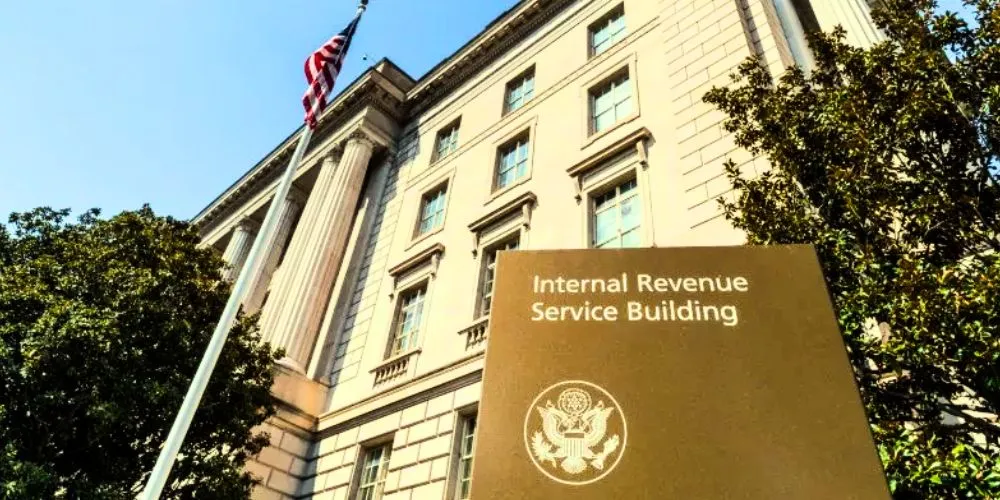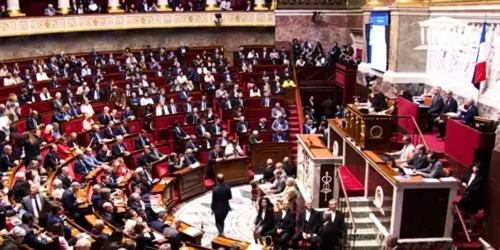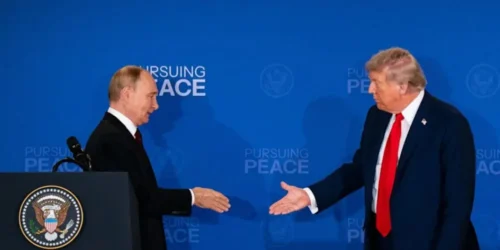In a landmark shift, the Internal Revenue Service (IRS) has stated in a new court filing that churches can endorse political candidates without jeopardizing their tax-exempt status. The move effectively upends a 70-year-old interpretation of the U.S. tax code, known as the Johnson Amendment, which has long barred nonprofits from engaging in such political activity.
The agency’s new stance was outlined in a court filing aimed at settling a lawsuit brought by the National Religious Broadcasters and two Texas churches. They had argued that the Johnson Amendment violated their First Amendment rights to free speech and religious expression.
In the filing, the IRS argued that when a church addresses its congregation about politics “through the lens of religious faith” during religious services, it does not constitute intervening in a political campaign.
This reinterpretation fulfills a long-standing goal of President Donald Trump, who has consistently called for the repeal of the Johnson Amendment to empower religious groups politically.
This is not yet a final, nationwide policy. The filing is part of a proposed settlement that a federal judge in Texas must still approve. If the judge agrees, the IRS will be permanently barred from enforcing the Johnson Amendment against the churches involved in the lawsuit, thereby setting a powerful precedent for religious institutions nationwide.













